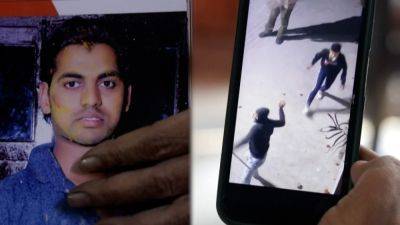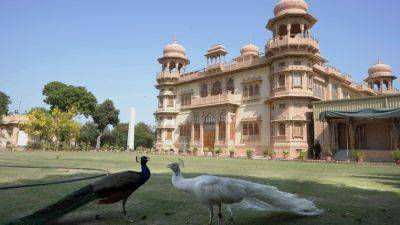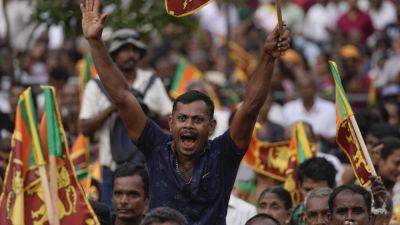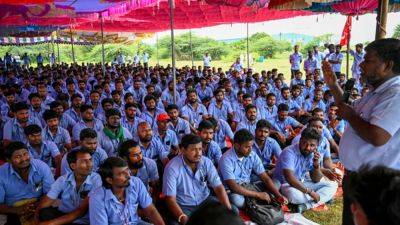Sri Lanka’s plantation workers live on the margins. But politicians still want their votes
SPRING VALLEY, Sri Lanka (AP) — Whoever Sri Lanka’s next president is, Muthuthevarkittan Manohari isn’t expecting much to change in her daily struggle to feed the four children and elderly mother with whom she lives in a dilapidated room in a tea plantation.
Both leading candidates in Saturday’s presidential election are promising to give land to the country’s hundreds of thousands of plantation workers, but Manohari says she’s heard it all before. Sri Lanka’s plantation workers are a long-marginalized group who frequently live in dire poverty, but they can swing elections by voting as a bloc.
Mahohari and her family are descended from Indian indentured laborers who were brought in by the British during colonial rule to work on plantations that grew first coffee, and later tea and rubber. Those crops are still Sri Lanka’s leading foreign exchange earners.
For 200 years, the community has lived on the margins of Sri Lankan society. Soon after the country became independent in 1948, the new government stripped them of citizenship and voting rights. Around 400,000 people were deported to India under an agreement with Delhi, separating many families.
The community fought for its rights, winning in stages until achieving full recognition as citizens in 2003.
Over 50 countries go to the polls in 2024
- The year will test even the most robust democracies. Read more on what’s to come here.
- Take a look at the 25 places where a change in leadership could resonate around the world.
- Keep track of the latest AP elections coverage from around the world here.
There are around 1.5 million descendants of plantation workers living in Sri Lanka today, including about 3.5% of the electorate, and some 470,000 people still live on plantations.







